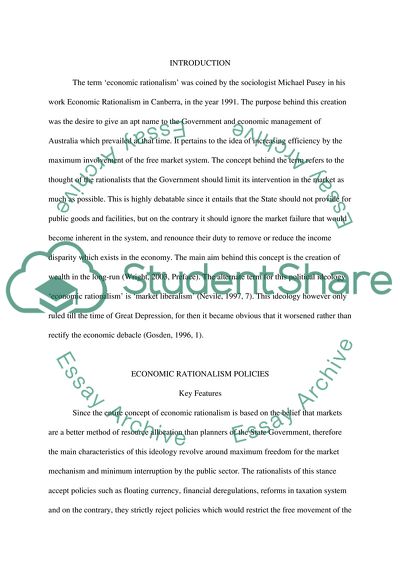Cite this document
(The Ideology of Economic Rationalism Coursework, n.d.)
The Ideology of Economic Rationalism Coursework. Retrieved from https://studentshare.org/macro-microeconomics/1740081-economic-rationalism
The Ideology of Economic Rationalism Coursework. Retrieved from https://studentshare.org/macro-microeconomics/1740081-economic-rationalism
(The Ideology of Economic Rationalism Coursework)
The Ideology of Economic Rationalism Coursework. https://studentshare.org/macro-microeconomics/1740081-economic-rationalism.
The Ideology of Economic Rationalism Coursework. https://studentshare.org/macro-microeconomics/1740081-economic-rationalism.
“The Ideology of Economic Rationalism Coursework”. https://studentshare.org/macro-microeconomics/1740081-economic-rationalism.


